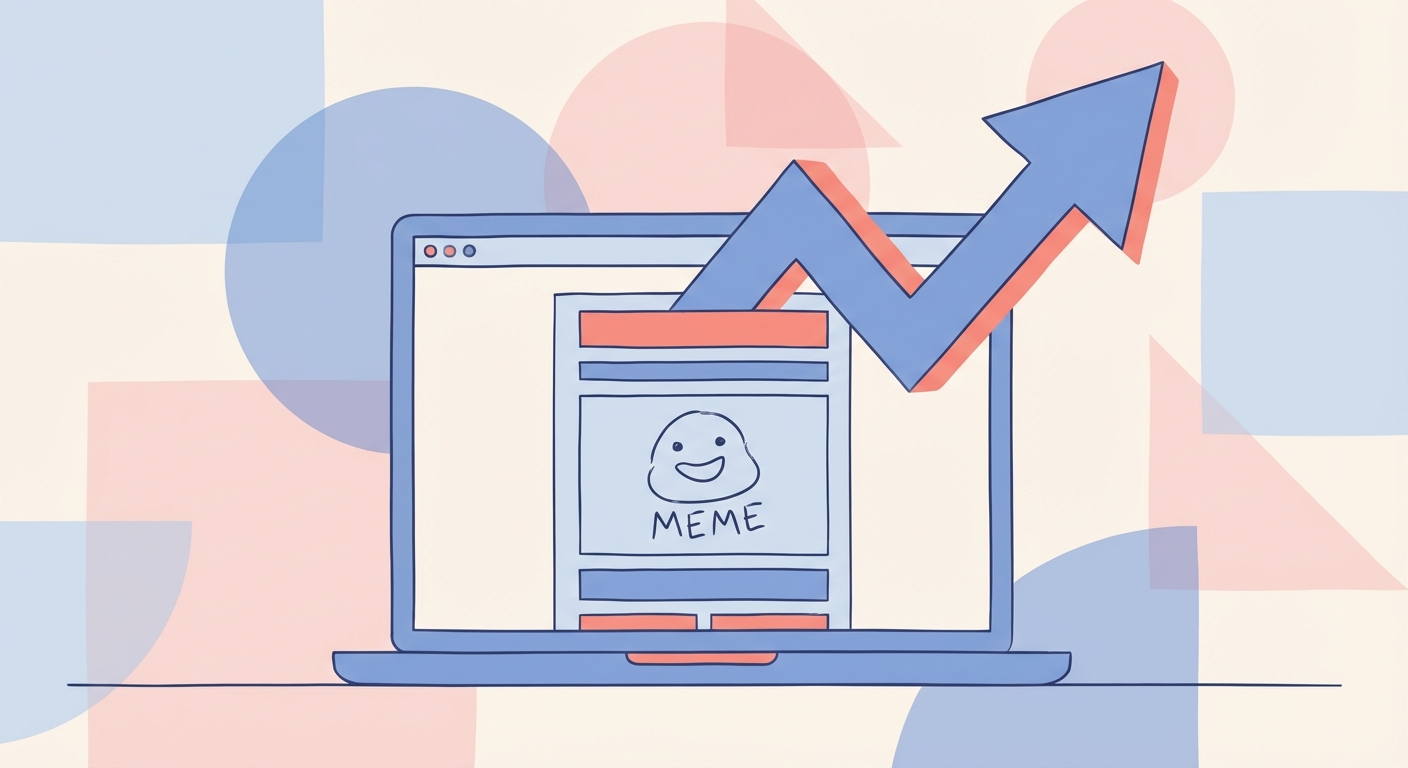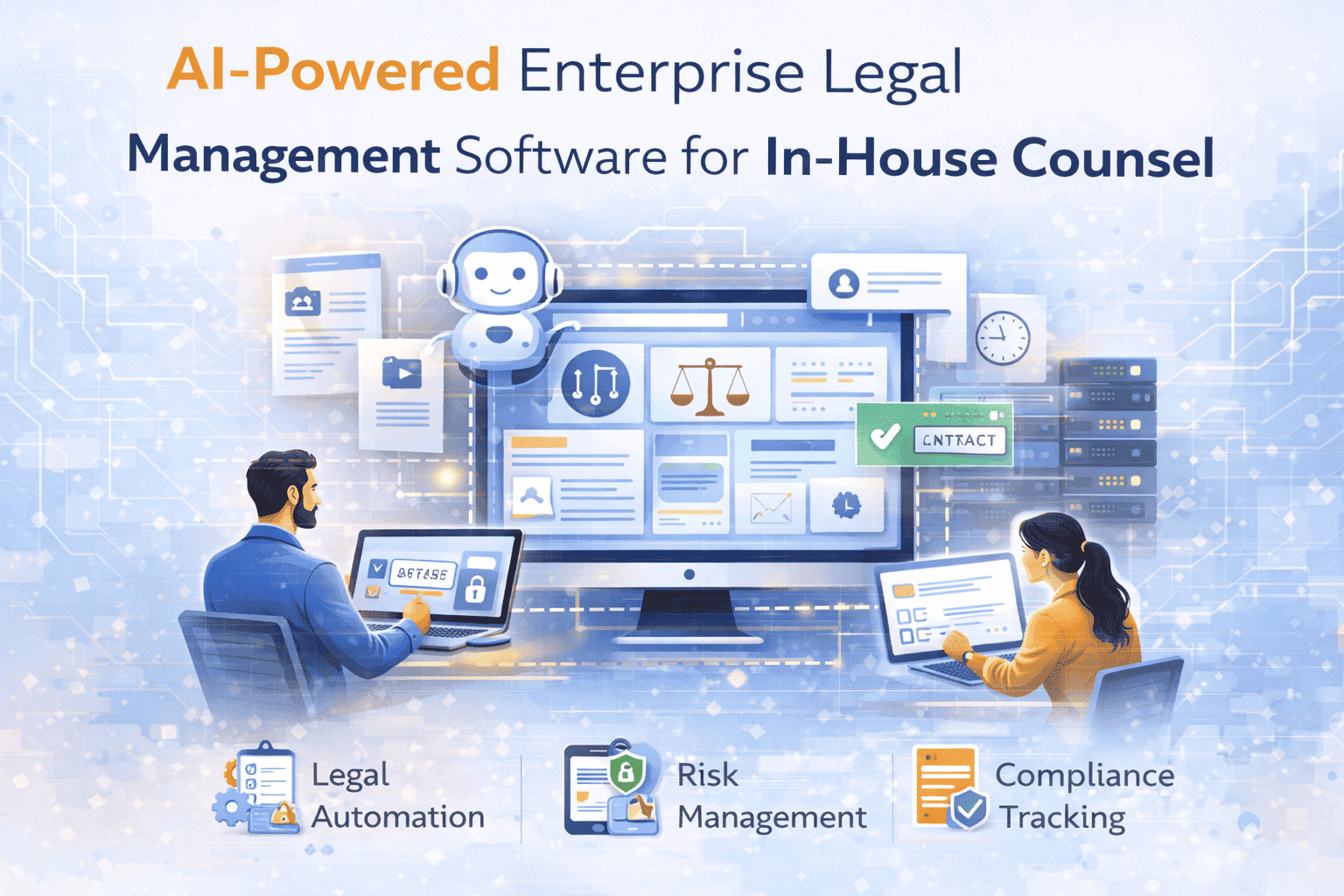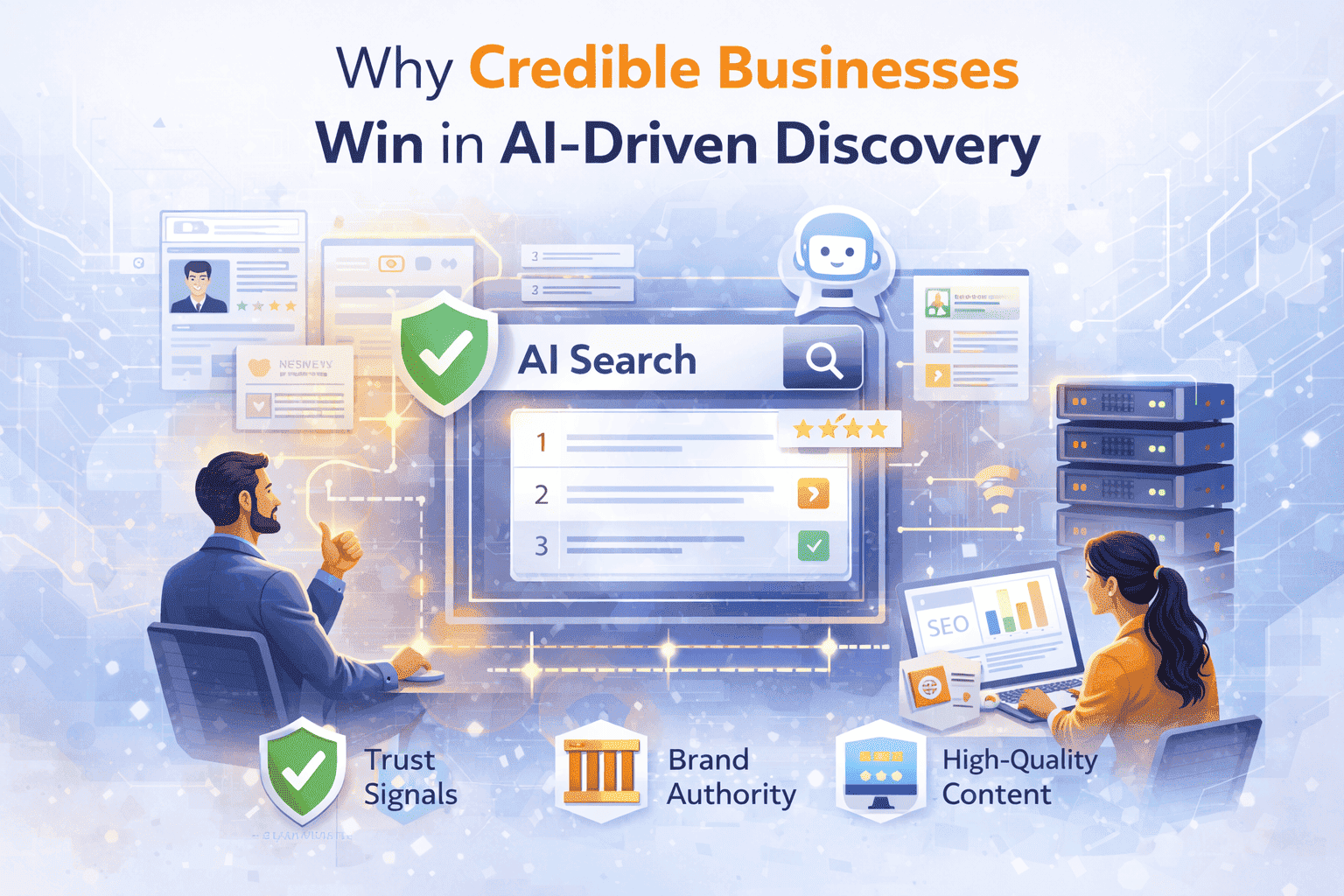Examining the Legality of Growth Hacking Practices
TL;DR
- This article dives into the often-murky legal waters surrounding growth hacking. We'll cover common growth hacking techniques and assess their legality under various regulations like GDPR, CCPA, and CAN-SPAM. It also provides a framework for marketers to evaluate the legal risks of their growth strategies so you don't end up in hot waters.
What is Growth Hacking and Why Should You Care About the Law?
Growth hacking, huh? It's not just some buzzword marketers throw around; it's a whole mindset. It's like, how can we explode our growth, like, yesterday? But here's the thing: if you're not playing by the rules, that rocket ship might just blow up on the launchpad!
So, what is growth hacking really? It's more than just marketing, that's for sure.
- Rapid experimentation across marketing channels - Think of it as throwing a bunch of stuff at the wall and seeing what sticks. A growth hacker isn't afraid to try weird, new things across different platforms—social media, email, even unconventional places like Reddit or niche forums. It's about finding those hidden gems that nobody else is using.
- Focus on scalable growth - It's not enough to just get a quick boost. Growth hacking is about finding strategies that can be repeated and scaled up without requiring a ton more effort each time. For example, a referral program that automatically rewards users for inviting friends is scalable growth.
- Data-driven decision making - Gut feelings? Forget about 'em. Growth hackers live and die by the data. They're constantly tracking everything, analyzing the numbers, and tweaking their approach based on what the data tells them. If a campaign isn't performing, they kill it fast.
- Thinking outside the box - This is where the "hacking" part comes in. It's about finding clever, unconventional ways to get more users, customers, or whatever your goal is. Think about it like this, remember when that one company put usb drives with software on it? That was a growth hack because it bypassed traditional marketing channels to directly put their product in potential users' hands, though it could also raise legal issues around unsolicited software distribution and data privacy if not handled carefully.
Okay, so you're probably thinking, "Yeah, yeah, I get it. Growth is good. But why should i care about the law?" Well, let me tell ya...
- Avoiding hefty fines and penalties - Messing with privacy laws, spamming people, or making false claims? That's a one-way ticket to getting hammered with fines. and trust me, those fines can be brutal.
- Protecting brand reputation - Nobody wants to do business with a company that's known for shady tactics. A single scandal can ruin your reputation and send customers running for the hills.
- Building customer trust - Transparency and honesty are key to building trust with your customers. If you're upfront about how you're collecting and using their data, they're more likely to stick around.
- Ensuring long-term sustainability - Sure, you might get a quick win with some dodgy tactic. But is it really sustainable in the long run? Probably not. Building a sustainable business means playing by the rules and focusing on long-term value.
Growth hacking can be a game-changer, but it's crucial to understand the legal landscape and ensure you're operating within the bounds of the law. The following section will illustrate these risks with common growth hacking practices.
Common Growth Hacking Techniques and Their Legal Gray Areas
Growth hacking: sounds cool, right? But some of those "hacks" can land you in hot water faster than you can say "cease and desist." Let's take a peek at some common techniques and where the lines get blurry.
So, you wanna build a massive email list, eh? Scraping email addresses from websites seems like a quick win, but hold your horses. Is it legal? Well, it's complicated.
- The Legality of Scraping: Scraping itself isn't always illegal, but what you do with that data is what matters. Slapping those addresses into an email automation tool without consent? That's a big no-no.
- CAN-SPAM Act Compliance: The CAN-SPAM Act is a U.S. law that sets rules for commercial email. You need to have an opt-in process, a clear way for people to unsubscribe, and honor those unsubscribe requests promptly. Otherwise, you are risking a hefty fine.
- GDPR implications: And then there's the gdpr, if you're dealing with anyone in the eu. Processing personal data (like email addresses) without explicit consent? Forget about it. That's a recipe for disaster.
- Ethical Email Marketing: Best practice? Always get consent. Offer value upfront, be transparent about how you'll use their data, and make unsubscribing easy. It's better for your reputation and your legal standing.
Cookie stuffing is a sneaky technique where someone places cookies on a user's computer without their knowledge or consent, often to get credit for affiliate sales they didn't actually generate.
- How Cookie Stuffing Works: Imagine someone visits a website, and bam, a cookie gets planted claiming they were referred by your affiliate link, even if they weren't. Shady, right?
- Legal Implications: Unauthorized cookie placement can violate privacy laws and terms of service. It can also be considered fraud, especially if it's defrauding affiliate programs.
- Impact on Affiliate Programs: Cookie stuffing undermines the integrity of affiliate marketing, erodes trust, and can lead to legal action from affected companies.
- Maintaining Transparency: Be upfront about your use of cookies. Have a clear privacy policy, and don't engage in deceptive practices.
Collecting user data is like finding gold, but you need to know where you can dig and what you can take.
- Collecting and Analyzing Data: Companies often collect user data to understand their behavior and preferences. This data can be used for targeted advertising, personalized content, and product development. Nothing wrong with that... until it is.
- Compliance with GDPR, CCPA: the gdpr and the ccpa (California Consumer Privacy Act) are two big ones. They give users rights over their data, like the right to access, correct, and delete it. You need to comply.
- Obtaining Valid Consent: You can't just grab data without asking. You need clear, informed consent. No pre-checked boxes or confusing language!
- Data Security and Anonymization: Secure your data! And think about anonymizing it where possible to reduce privacy risks.
Referral programs are a great way to grow, but you gotta play fair.
- Transparent Referral Programs: Make sure your referral program rules are clear and easy to understand. No hidden clauses or bait-and-switch tactics.
- Avoiding Misleading Claims: Don't make promises you can't keep. If you're offering a reward, make sure you deliver it.
- Complying with Advertising Regulations: Advertising laws apply to referral programs too. Don't make false or unsubstantiated claims about your product or service.
- Disclosing Material Connections: If you're paying people to promote your product, disclose that relationship. Transparency is key.
We've covered a few common growth hacking techniques and their legal pitfalls. Understanding these gray areas is crucial before diving into the broader legal frameworks that govern these practices.
Key Legal Frameworks Impacting Growth Hacking
Ever wonder what keeps growth hackers up at night? It's not just caffeine – it's the alphabet soup of legal frameworks they have to navigate! Let's untangle some of the big ones.
So, gdpr... it's not just for European companies anymore. If you're touching data from anyone in the eu, this law applies to you – period. And it's a biggie.
- Principles of data protection under GDPR: Think fairness, transparency, and purpose limitation. You gotta be upfront about what you're collecting and why. No sneaky stuff.
- Requirements for obtaining consent: Consent needs to be freely given, specific, informed, and unambiguous. That means no pre-ticked boxes and plain language. And you must keep a record showing consent was obtained.
- Rights of data subjects (access, rectification, erasure): People have the right to know what data you have on them, correct it if it's wrong, and even ask you to delete it. It's called "the right to be forgotten," though it's important to note this right has specific conditions and isn't an absolute right.
- Consequences of non-compliance: Fines can be HUGE – up to €20 million or 4% of annual global turnover, whichever is higher. Yikes!
“gdpr is designed to harmonize data privacy laws across Europe, to protect and empower all eu citizens data privacy and to reshape the way organizations across the region approach data privacy.”
Don't think you're off the hook if you're not in Europe. The ccpa is another big one, especially if you're doing business in California (and who isn't?). It gives California residents significant control over their personal information.
- Consumer rights under CCPA: The ccpa grants consumers the right to know what personal information is collected about them, the right to delete personal information, the right to opt-out of the sale of their personal information, and the right to non-discrimination for exercising these rights.
- Requirements for data disclosure and deletion: Businesses must disclose what data they collect, where it comes from, and why they're collecting it. And they must delete a consumer's data if asked.
- Opt-out provisions for data sales: Consumers have the right to tell businesses not to sell their personal information. This includes sharing data for targeted advertising.
- Enforcement and penalties: The California Attorney General enforces the ccpa, and violations can result in fines.
"The CCPA grants California consumers robust data privacy rights, including the right to know, the right to delete, and the right to opt-out of the sale of their personal information."
Email marketing is still a powerful tool, but you can't just blast out emails willy-nilly. The can-spam act sets the rules for commercial email in the US. The Federal Trade Commission provides an overview of the can-spam act and how businesses can comply with its requirements.
- Requirements for sending commercial emails: You gotta have a clear and conspicuous way for recipients to opt-out of receiving future emails. And you gotta honor those opt-out requests promptly.
- Prohibitions against deceptive subject lines and headers: No trickery! The "from" line, "to" line, and subject line must accurately reflect the content of the email.
- Opt-out requirements and process: Make it easy for people to unsubscribe. A simple "unsubscribe" link is usually enough. And don't make them jump through hoops.
- Penalties for violations: Each separate email in violation of the can-spam act is subject to penalties of up to $50,128. Ouch.
"The CAN-SPAM Act, a law that sets the rules for commercial email, establishes requirements for commercial messages, gives recipients the right to have you stop emailing them, and spells out tough penalties for violations."
It's not just gdpr, ccpa, and can-spam. There are other laws you need to be aware of, depending on your industry and target audience. For example:
- Children's Online Privacy Protection Act (COPPA): If you're targeting children under 13, coppa requires you to get parental consent before collecting their personal information. This means if your growth hack involves a contest or app aimed at kids, you need to be extra careful.
- Telephone Consumer Protection Act (TCPA): The tcpa restricts telephone solicitations and the use of automated telephone equipment. So, think twice before sending out those robocalls or sms messages for marketing purposes; you typically need express written consent.
- State-specific privacy laws: Some states have their own privacy laws that go beyond the federal laws. California, for example, has the california privacy rights act (cpra), which amends and expands upon the ccpa, adding more requirements for businesses.
Navigating these legal frameworks can feel like walking through a minefield, right? But understanding these key areas is crucial for any growth hacker. Otherwise, you might just blow up your own growth! Next up, we'll talk about how to build a compliance culture within your organization.
A Framework for Legally Sound Growth Hacking
Okay, so you're ready to "legally hack" your growth? That's awesome, because nobody wants a lawsuit raining on their parade. Let's get into how to build a solid framework, shall we?
First things first: you gotta know what you're up against. What could go wrong?
- Identify potential legal risks associated with your growth hacking strategies. Think about every tactic you're using. Is that contest running afoul of advertising laws? Could that data collection method violate consumer privacy? Don't just assume everything's okay; actually, look into it. For example, if you're in the healthcare space and using patient data, even anonymized, for marketing, you better be sure you're hipaa compliant.
- Evaluate the likelihood and impact of each risk. Not all risks are created equal. A small risk with a huge potential fine is way scarier than a high-probability risk with minimal consequences.
- Prioritize risks for mitigation. Focus on the biggest threats first. What's gonna keep you up at night? Tackle those first.
Data privacy is, like, the hot topic right now. Mess this up, and you're toast.
- Obtain explicit consent for data collection and processing. No more sneaky pre-checked boxes. People need to actively agree to let you use their data. Thinking about using ai to personalize shopping experiences? Make sure users know how their data feeds into that ai and get their consent.
- Provide clear and concise privacy notices. Nobody wants to read a novel. Make your privacy policy easy to understand, even for non-lawyers.
- Implement data security measures. Protect that data like it's gold—because, in a way, it is.
- Respect user rights. People have the right to access, correct, and delete their data. Make it easy for them to do so.
Don't be shady. Seriously.
- Be transparent about your marketing practices. Disclose sponsored content, affiliate links, and anything else that could be seen as deceptive.
- Avoid deceptive or misleading claims. Don't promise results you can't deliver.
- Respect user privacy. Don't spam people, and don't sell their data without their consent.
- Build trust with your audience. Honesty is always the best policy.
Look, I'm not a lawyer, and you probably aren't either.
- Consult with an attorney specializing in data privacy and marketing law. They can help you understand the nuances of laws like gdpr, ccpa, and tcpa as they apply to your specific business.
- Obtain legal advice on specific growth hacking strategies. Don't guess; ask a professional.
- Stay up-to-date on changes in the law. Things are always changing. Subscribe to legal newsletters, follow reputable legal blogs, and attend industry webinars that cover compliance.
So, yeah, that's the framework in a nutshell. It might seem like a lot, but trust me, it's worth it. Being proactive about legal compliance will save you a ton of headaches down the road. Now, let's wrap things up with a quick look at building a compliance culture.
Conclusion: Growth Hacking Responsibly
Okay, so you've made it this far – congrats! Growth hacking isn't just about those flashy tricks; it's about building something that lasts, and that means playing it smart.
- Sustainable growth? It ain't a myth. It's totally achievable when you bake in ethical and legal practices from the get-go. Think about it: would you trust a brand that's constantly skirting the rules? Probably not.
- Long-term success hinges hard on trust. Transparency isn't just a buzzword; it's the foundation. Tell people what you're doing with their data, and why. Don't hide stuff.
- Growth hacking, when used responsibly, is a force for good. It's not about tricking people; it's about finding better ways to connect with them and offer real value.
As mentioned earlier, the can-spam act sets some pretty clear guidelines for commercial emails, and the Federal Trade Commission is the body that enforces it. If you don't comply, you could face hefty fines and damage your reputation.
The data privacy world? It's always changing. You gotta stay informed, adapt, and see those legal boundaries not as roadblocks, but as, like, creative challenges.
To foster a culture of compliance, consider these points:
- Educate your team: Make sure everyone on your growth hacking team understands the legal implications of their actions. Regular training sessions can be super helpful.
- Integrate compliance into workflows: Build legal checks and balances directly into your growth hacking processes. Don't make it an afterthought.
- Encourage open communication: Create an environment where team members feel comfortable raising concerns about potential legal issues without fear of reprisal.
- Lead by example: Management needs to demonstrate a commitment to ethical and legal practices.
It's gonna be a wild ride, but hey—at least you're prepared!






